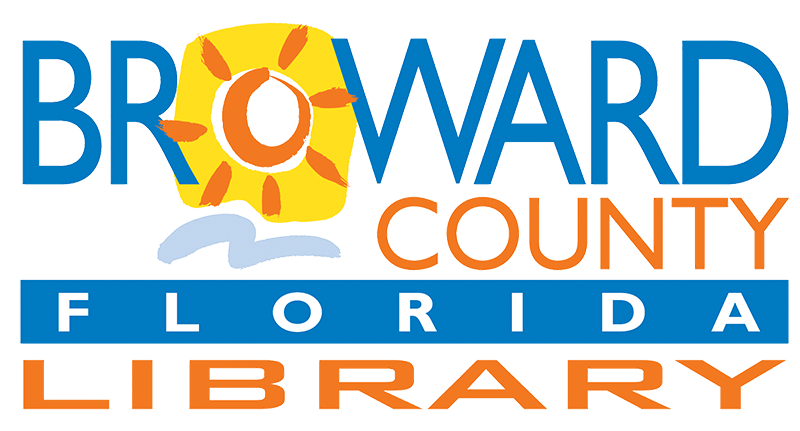Most Americans know of Harriet Tubman's legendary life: escaping enslavement in 1849, she led more than 60 others out of bondage via the Underground Railroad.
Dr. Edda Fields Black, is the author of COMBEE: Harriet Tubman, the Combahee River Raid, and Black Freedom during the Civil War (Oxford University Press, February 2024).
Most Americans know of Harriet Tubman's legendary life: escaping enslavement in 1849, she led more than 60 others out of bondage via the Underground Railroad, gave instructions on getting to freedom to scores more, and went on to live a lifetime fighting for change. Yet the many biographies, children's books, and films about Tubman have less to say about a crucial chapter of Tubman’s life: during the Civil War, hired by the Union Army, she ventured into the heart of slave territory--Beaufort, South Carolina--to live, work, and gather intelligence for a daring raid up the Combahee River to attack rice plantations in the South Carolina Lowcountry, a breadbasket of the Confederacy.
Edda L. Fields-Black--herself a descendent of one of the formerly enslaved men who fought in the raid--shows how Tubman commanded a ring of spies, scouts, and pilots and participated in military expeditions behind Confederate lines. On June 2, 1863, Tubman and her crew piloted two regiments of Black US Army soldiers, the Second South Carolina Volunteers, and their white commanders up coastal South Carolina's Combahee River in three gunboats. In a matter of hours, they torched seven rice plantations and liberated 756 people, people whose Lowcountry Creole language and culture Tubman could not even understand. Black men who had liberated themselves from bondage on South Carolina's Sea Island cotton plantations after the Battle of Port Royal in November 1861 enlisted in the Second South Carolina Volunteers and risked their lives in the effort.
Using previous unexamined documents, including US Civil War Pension File, bills of sale, wills, marriage settlements, and estate papers from planters' families, Fields-Black brings to life intergenerational, extended enslaved families, neighbors, praise-house members, and sweethearts forced to work in South Carolina's deadly tidal rice swamps, sold, and separated during the antebellum period. When Tubman and the gunboats arrived and blew their steam whistles, many of those people clambered aboard, sailed to freedom, and were eventually reunited with their families. The able-bodied Black men freed in the Combahee River Raid enlisted in the Second South Carolina Volunteers and fought behind Confederate lines for the freedom of others still enslaved not just in South Carolina but Georgia and Florida.
After the war, many returned to the same rice plantations from which they had escaped, purchased land, married, and buried each other. In the early 20th century, the formerly enslaved people on the Sea Island cotton and indigo plantations, together with those in the semi-urban port cities of Charleston, Beaufort, and Savannah, and on rice plantations in the coastal plains, created the distinctly American Gullah Geechee dialect, culture, and identity--perhaps the most significant legacy of Harriet Tubman's Combahee River Raid.
This event will be live streamed on Face Book and YouTube.
About the African American Research Library and Cultural Center
The Broward County African American Research Library and Cultural Center (AARLCC) is located in the Sistrunk community, one of the oldest historically Black communities named for one of Fort Lauderdale’s first Black physicians. Opening to the public on October 26, 2002, AARLCC became the third public library of its kind in the United States dedicated to the study of Black history and culture. The 60,000 square-foot Center serves as a repository of materials related to the local, national, and international voices of the African diaspora with more than 85,000 books, manuscripts, artifacts, framed art, print, photography, audiovisual, and documents held in our Adult Services Section and Special Collections. The Youth Services Section features a special collection of Coretta Scott King Award books and the Ashley Bryan Art Collection from illustrators of African Descent. AARLCC also features a 5,000 sq. ft. museum, a 300-seat state-of-the-art theatre, and a Computer Training Center.
| Mon, Feb 16 | Closed |
| (President's Day) | |
| Tue, Feb 17 | 10:00AM to 6:00PM |
| Wed, Feb 18 | 10:00PM to 8:00PM |
| Thu, Feb 19 | 10:00AM to 6:00PM |
| Fri, Feb 20 | 10:00AM to 6:00PM |
| Sat, Feb 21 | 10:00AM to 6:00PM |
| Sun, Feb 22 | Closed |

